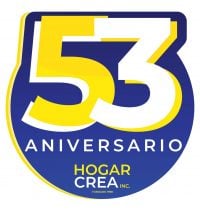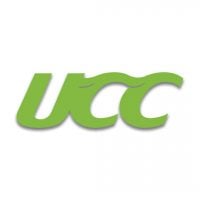
Behavioral Community Clinic Center - Universidad Central del Caribe
Drug Rehab Center in Bayamon, Puerto Rico
- Mental Health
- Dual Diagnosis
BCCC-UCC is a nonprofit health care clinic in Puerto Rico that specializes in mental health and addiction treatment services through prevention, intervention, counseling, and support groups, with a focus on building a strong support system and empowered environment for long-term change.
About Behavioral Community Clinic Center - Universidad Central del Caribe in Puerto Rico
Behavioral Community Clinic Center - Universidad Central del Caribe (BCCC-UCC) in Bayamon, Puerto Rico is a nonprofit, private health care clinic. It provides mental health and addiction treatment services to adults and adolescents in the area. BCCC-UCC specializes in both in-patient and out-patient care, as well as referrals for other levels of care, such as residential and partial hospitalization programs. Their welcoming multi-disciplinary team of doctors and counselors are committed to providing quality care, and they have many outreach programs to serve their community.
BCCC-UCC provides addiction and substance abuse treatment services through prevention, intervention, counseling, and support groups. Their counselors offer individual and group therapy sessions, as well as crisis response and detoxification services. They also host workshops and seminars that provide education and knowledge on addiction, treatment options, and the road to recovery. BCCC-UCC emphasizes building a strong support system and empowered environment to help individuals make long-term changes in their lives.
BCCC-UCC is accredited by the Commission on Accreditation of Rehabilitation Facilities (CARF) and certified by the Puerto Rico Department of Health. The President of UCC has also been awarded an honorable citation from the Puerto Rico Senate for his hard work and commitment to the development of the addiction treatment services of the clinic. The clinic is proud of the excellence it provides in its services and works to serve individuals and families with respect and empathy.
Genders
Ages
Modality
Additional
Conditions and Issues Treated
Recovery is not simply about stopping drug use. Recovery is working with addiction while recovering mental health issues that are fueling the addiction in the first place.
Levels of Care Offered
This center offers a variety of custom treatment tailored to individual recovery. Currently available are Dual-Diagnosis, Outpatient, with additional therapies available as listed below.
Outpatient treatment is considered the lower intensity level of addiction treatment. It’s ideal for early phase addiction or lower intensity addictions. It may include weekly sessions instead of daily. It may include weekly sessions instead of daily. Peer group support, 12-step programs, and individual counseling may still be involved but at a lesser frequency than an intensive outpatient program. It is a good choice for someone who doesn’t need to go through a medically supervised detox and who has a supportive home environment. It requires motivation and dedication to commit to the program without constant monitoring.
Therapies & Programs
Individual therapy involves one-on-one sessions between the patient and therapist. It provides patients with a safe environment to openly discuss personal and sensitive issues with the therapist. They find the therapist as someone they can trust. Individual therapy aims to identify the core issues that would have led the patient to substance abuse and address them effectively. The therapist can develop patient-specific customized solutions through individual therapy, which aids speedier recovery.
Couples therapy works with clients and significant others in a professional capacity to improve relationship dynamics. This can be helpful for addicts who are trying to marry the idea of recovery into their work, family, social lives – any aspect that has to do with relationships.
Through counseling sessions, addicts will have an opportunity to talk about their addiction with professional partners. These partners can offer feedback and advice on how to get sober while keeping healthy relationships intact. A good couples therapist will help addicts understand their part in an unhealthy relationship dynamic or find ways to deal with anger or resentment from significant others outside of the home.
Family therapy is a group problem-solving that aims to improve communication and relationships between the addict, their family, and sometimes friends. The main goal of family therapy for drug addiction is to create an environment where communication can occur without judgment, hostility, or blame. The therapist is with the family as they learn to communicate differently, especially with the addict when s/he is using. The family can learn to reduce their enabling behavior or rally together and support each other during tough times.
An addict’s family can play a vital part in helping them to avoid relapse because they can spot the warning signs and help them get back on track before it becomes too much of a problem. Family therapy is one of the most effective ways to help addicts stay on the path to long-term sobriety. When a drug addict decides that they want to try and get sober, it takes the support of every person they love to succeed. It can be incredibly difficult for loved ones to watch an addict go through the pain and suffering of withdrawal, but by being there with them and supporting them, they can help to make sure that the addiction never returns.
Groups typically involve meetings with other recovering addicts who can relate to one another’s experiences. They might meet in person or online and typically focus on the process of staying sober rather than overcoming a specific addiction.
In these groups managed by Behavioral Community Clinic Center - Universidad Central del Caribe, addicts can build a sense of community and develop strong emotional connections with others who understand what they are going through. These beneficial relationships can help addicts overcome their cravings and prevent relapse at any point during the recovery process.
In general, trauma therapy is a clinical process that helps individuals deal with mental stress often caused by traumatic events. The therapist helps the person identify, understand, and work through the problem. This is done with the help of talking about it in group or one-on-one counseling sessions. Therapists use relaxation, role-playing, art, and music to help the person open up about what is bothering them.
There are many different types of trauma therapists, such as psychiatric nurses and counselors. Not everyone is a good candidate for this type of therapy; it is generally reserved for people who have recently experienced a traumatic event and struggle to get over it. It is often done for children, teenage victims of sexual assault, and war veterans.
There is hope for people who are addicted to drugs and alcohol. Cognitive Behavioral Therapy (CBT) is the solution. CBT focuses on the underlying thoughts and behaviors that caused the addiction problem in the first place and may cause a relapse. This type of psychotherapy addresses negative feelings common in substance abuse disorders. It helps to change them by restructuring thought patterns. It’s about removing negative thoughts and providing long-term benefits while promoting self-awareness, self-control, and healthy ways to respond to negative thoughts. These sessions can be done by themselves or as part of combination therapy.
Payment Options Accepted
For specific insurance or payment methods please contact us.
Is your insurance accepted?
Ask an expert, call (888) 674-0062
Behavioral Commumity Clinic Center Associated Centers
Discover treatment facilities under the same provider.
- Behavioral Commumity Clinic Center - Outpatient in Bayamon, PR
- Behavioral Community Clinic Center in San Juan, PR
Learn More About Behavioral Commumity Clinic Center Centers
Additional Details
Specifics, location, and helpful extra information.
Bayamon, Puerto Rico 961 Phone Number(787) 288-0277 Meta DetailsUpdated November 25, 2023
Staff Verified
Behavioral Community Clinic Center - Universidad Central del Caribe Patient Reviews
There are no reviews yet. Be the first one to write one.

Location
Laurel Avenue
Bayamon, PR 961
(787) 288-0277
Behavioral Commumity Clinic Center
Language
Quick Reference
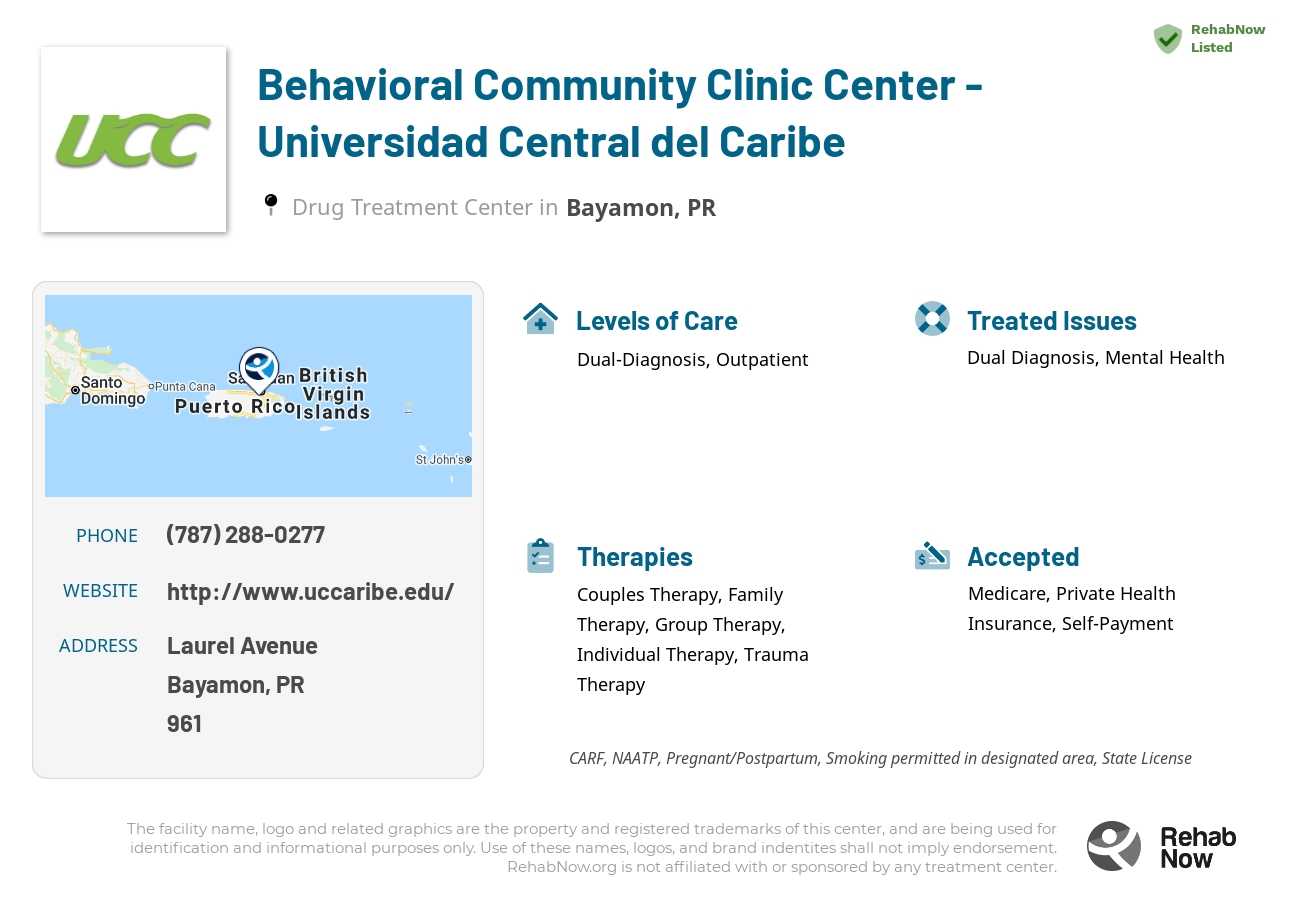
- About Behavioral Community Clinic Center - Universidad Central del Caribe in Puerto Rico
- Conditions and Issues Treated
- Levels of Care Offered
- Therapies & Programs
- Payment Options Accepted
- Behavioral Commumity Clinic Center Associated Centers
- Additional Details
- Behavioral Community Clinic Center - Universidad Central del Caribe Patient Reviews
Bayamon, Puerto Rico Addiction Information
Bayamon, Puerto Rico is, unfortunately, no stranger to the devastating effects of drug addiction. There are approximately 5,000 residents in Bayamon who struggle with addiction to drugs. Alcohol addiction is also a major problem in Bayamon. It is estimated that about 10% of the population suffers from alcoholism. The most common type of treatment is an outpatient program, which allows the person to continue living at home while they receive treatment.
Treatment in Nearby Cities
- Caguas, PR (12.1 mi.)
- Toa Baja, PR (6.5 mi.)
- Yauco, PR (51.6 mi.)
- Vega Baja, PR (17.0 mi.)
- Humacao, PR (26.3 mi.)
Centers near Behavioral Community Clinic Center - Universidad Central del Caribe
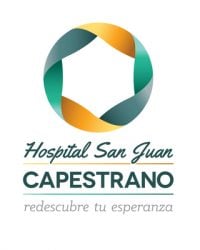

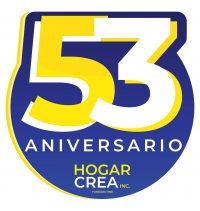
The facility name, logo and brand are the property and registered trademarks of Behavioral Community Clinic Center - Universidad Central del Caribe, and are being used for identification and informational purposes only. Use of these names, logos and brands shall not imply endorsement. RehabNow.org is not affiliated with or sponsored by Behavioral Community Clinic Center - Universidad Central del Caribe.
